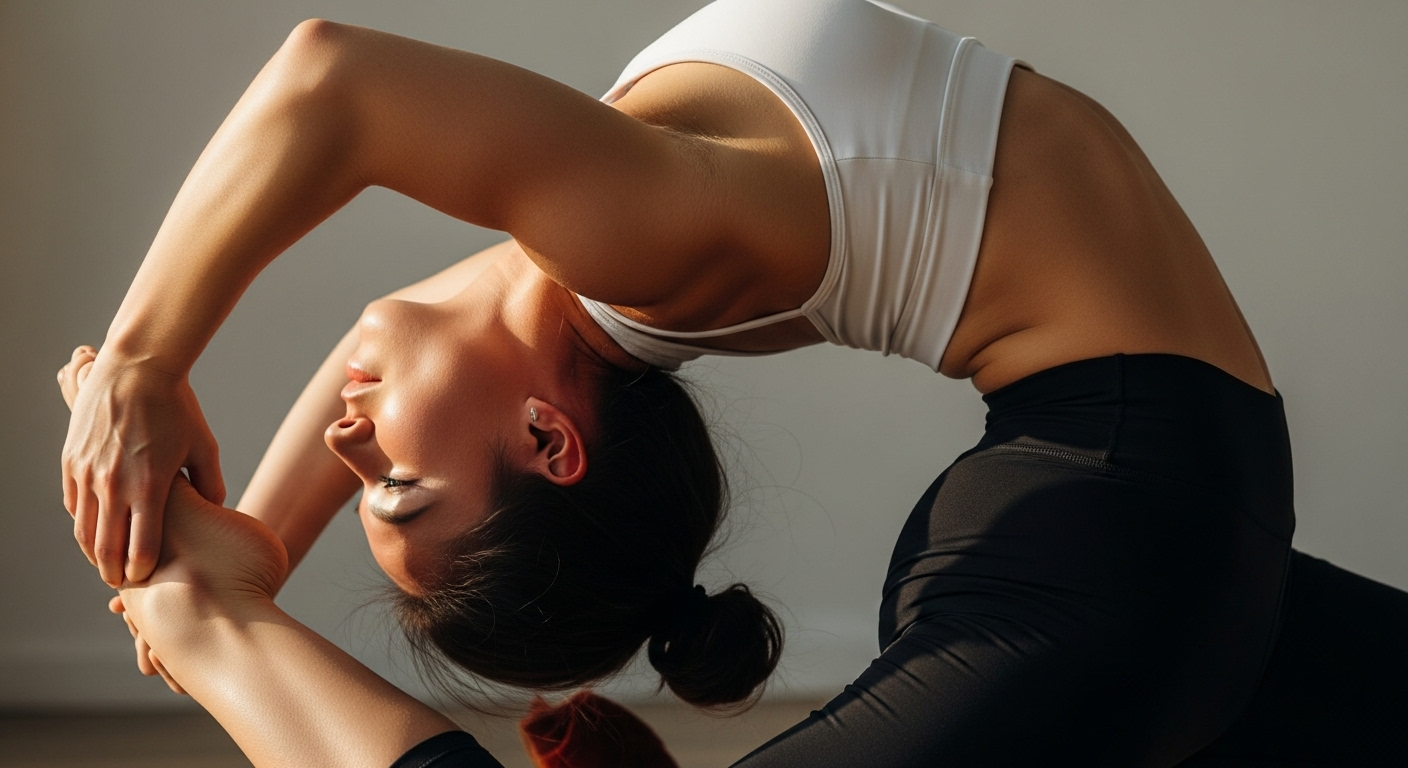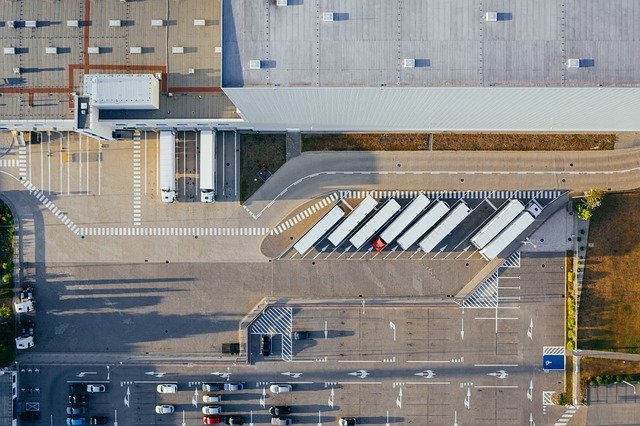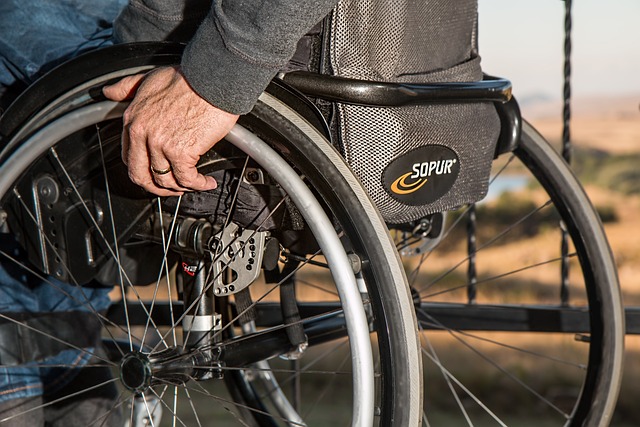How Movement Workshops Enhance Flexibility, Focus, and Relaxation
Movement workshops on retreat bring concentrated time and guided practice to support flexibility, focus, and relaxation. Designed for participants of varied experience, these sessions combine breathwork, somatic awareness, and structured movement sequences to deepen body awareness and reduce stress while traveling or in immersion settings.

Movement workshops on retreat offer focused, intentional sessions that complement daily practice and support physical and mental wellbeing. By creating a predictable routine in a temporary immersive setting, workshops help participants explore movement quality, alignment, and breath integration without everyday distractions. Retreat environments can encourage consistent practice of asanas, guided meditation, and gentle somatics to help recalibrate posture and ease muscular tension over several days.
This article is for informational purposes only and should not be considered medical advice. Please consult a qualified healthcare professional for personalized guidance and treatment.
movement and somatics
Movement workshops often emphasize somatics: internal, felt sensing of the body that informs how you move. Through slow, deliberate movement and guided attention, somatic practices help reveal habitual patterns that limit mobility or create discomfort. Guided exploration teaches participants to notice tension, micro-adjust joint pathways, and relearn coordination. When combined with simple corrective cues and mindful repetition, somatic work can support more efficient movement and a safer progression into deeper flexibility and functional range of motion.
Flexibility and asanas
Workshops typically include asanas sequenced to build flexibility progressively while protecting tissues. Instead of stretching only at extreme ranges, instructors may prioritize joint preparation, activation, and controlled eccentric work that lengthens connective tissue over time. Regular practice in a condensed retreat schedule provides repeated stimulus that encourages neuromuscular adaptation. Participants can leave with clearer strategies for daily home practice that balance mobility, strength, and recovery rather than relying solely on passive stretching.
meditation and mindfulness
Meditation and mindfulness are often woven into movement workshops to enhance focus and awareness. Short sitting or walking meditations before movement can sharpen concentration and make proprioceptive learning more effective. Mindful attention to breath, sensation, and intent helps practitioners notice small improvements in alignment and movement economy. This blend of contemplative practice and physical exploration supports mental clarity, reduces reactive stress responses, and helps sustain motivation for continued practice after the retreat.
breathwork and relaxation techniques
Breathwork complements movement by regulating arousal and enabling safer ranges of motion. Workshop sessions may include pranayama or simple breath-coordination drills synchronized with movement to improve rhythm and reduce strain. Slow, controlled breathing during transitions encourages parasympathetic activation, which supports relaxation and recovery. Learning practical breath strategies helps participants manage tension, improve posture reflexes, and access calmer mental states both on and off the mat.
posture, wellbeing, and functional outcomes
Posture-focused modules in movement workshops emphasize functional alignment rather than aesthetic ideals. Through corrective cues, mobility drills, and strength-based asanas, participants address the postural imbalances that contribute to discomfort. Improved posture often correlates with reduced pain, more efficient movement, and greater confidence in daily activities. Workshops can clarify how small, consistent changes in movement habits support broader wellbeing and long-term resilience.
immersion, travel, and the retreat context
Immersion and travel add unique value to movement workshops. Time away from routine offers fewer distractions and a context where new movement patterns can be rehearsed daily. Retreat settings may combine outdoor sessions, guided classes, and reflective time that accelerates learning. Traveling for a retreat also exposes participants to varied instructors and modalities—introducing new perspectives on breathwork, somatics, and asanas that they can integrate into ongoing practice. The concentrated environment helps consolidate skill and supports mental rest.
Conclusion Movement workshops on retreat integrate somatics, breathwork, asanas, and mindfulness to create concentrated opportunities for improving flexibility, focus, and relaxation. By emphasizing internal sensing, progressive mobility, and coordinated breathing, these sessions offer practical tools for posture, stress management, and long-term wellbeing. Participants often return with clearer practice plans and renewed awareness that supports sustained improvements beyond the retreat setting.




